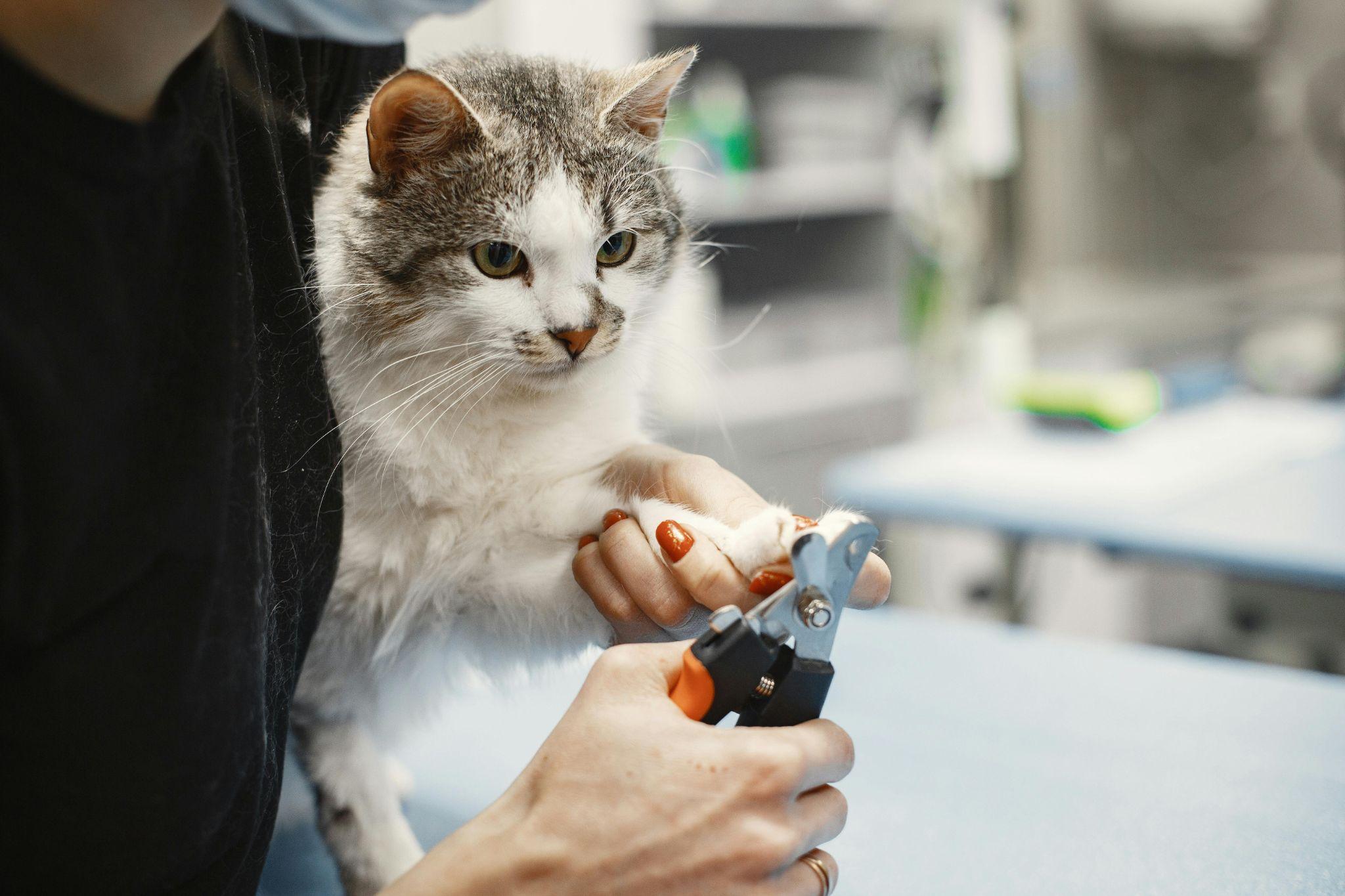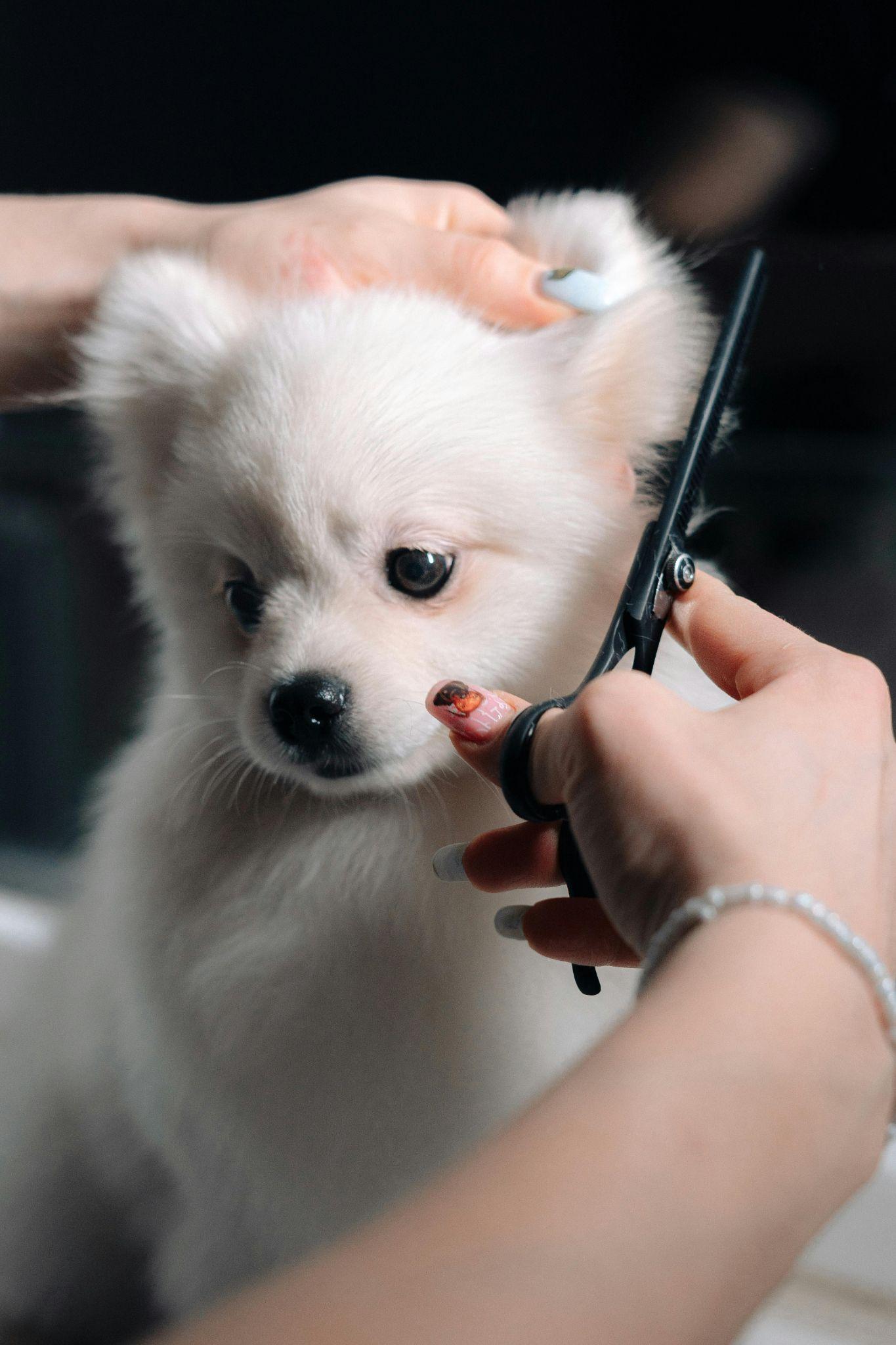https://truepetslove.com/10-tips-for-caring-for-your-pet-in-the-heat/
Pet allergies can pose a significant challenge for animal lovers. While the bond between humans and their pets is undeniably strong, allergies can strain this relationship. Whether it’s sneezing, itchy eyes, or more severe reactions, managing pet allergies is crucial for maintaining a happy, healthy home. This article provides practical strategies and tips to handle pet allergies, ensuring you and your furry friends live in harmony.

Understanding Pet Allergies
What Are Pet Allergies?
Pet allergies are allergic reactions triggered by proteins found in a pet’s skin cells, urine, and saliva. The most common culprits are cats and dogs, but other animals, including rodents, birds, and even exotic pets, can cause allergic reactions.
Common Symptoms of Pet Allergies
Recognizing the symptoms of pet allergies is the first step toward effective management. Common symptoms include:
– Sneezing
– Runny or stuffy nose
– Itchy, red, or watery eyes
– Coughing, chest tightness, or shortness of breath
– Skin rashes or hives
How Do Pet Allergies Develop? https://truepetslove.com/product/fresh-step-cat-litter/
Pet allergies occur when the immune system overreacts to harmless proteins. This can happen immediately upon exposure to a pet or develop over time. Understanding this can help in identifying and managing the problem effectively.
How to Handle Pet Allergies at Home
Regular Cleaning and Maintenance

Maintaining a clean home is vital for reducing allergens. Here’s how to keep your space allergy-free:
– Vacuum Regularly: Use a vacuum cleaner with a HEPA filter to capture pet dander and hair.
– Wash Pet Bedding: Clean your pet’s bedding weekly to reduce the accumulation of allergens.
– Air Purifiers: Invest in air purifiers with HEPA filters to help remove airborne allergens.
Create Allergen-Free Zones
Designating certain areas of your home as pet-free can significantly reduce allergen exposure. For example:
– Bedrooms: Keep pets out of bedrooms to ensure a good night’s sleep.
– Furniture: Train pets to stay off furniture, or use covers that can be easily washed.
Bathe and Groom Your Pet
Regular grooming can significantly reduce the amount of dander and allergens. Consider the following:
– Frequent Bathing: Bathe your pet regularly using pet-friendly shampoos.
– Brushing: Brush your pet outdoors to minimize indoor allergens.
Seeking Professional Help

Consulting the Vet
The vet plays a crucial role in managing pet allergies. Here’s why you should consult them:
– Diagnosis: The vet can help confirm if your symptoms are due to pet allergies or another issue.
– Medications: They can prescribe allergy medications for both you and your pet.
– Advice: The vet can provide guidance on allergy-friendly pet products and practices.
Allergy Testing
If you suspect pet allergies, an allergist can perform tests to confirm the source of your allergies. These tests include:
– Skin Prick Test: Small amounts of allergens are pricked into the skin to see if there’s a reaction.
– Blood Tests: Measures the immune system’s response to allergens by detecting specific antibodies.
Immunotherapy
For severe allergies, immunotherapy (allergy shots) can be an effective solution. This involves:
– Gradual Exposure: Small, increasing amounts of the allergen are injected over time.
– Building Tolerance: Helps your body build a tolerance to the allergen, reducing symptoms.
How to Handle Pet Allergies with Alternative Strategies
Hypoallergenic Pets

Consider adopting hypoallergenic pets, which are less likely to trigger allergies. Some popular options include:
– Cats: Balinese, Russian Blue
– Dogs: Poodle, Bichon Frise
– Exotic Pets: Reptiles, fish, and amphibians are excellent alternatives as they typically don’t produce dander.
Natural Remedies
Natural remedies can also help manage symptoms. Some options include:
– Saline Nasal Sprays: Helps clear nasal passages of allergens.
– Quercetin: A natural supplement that acts as an antihistamine.
– Steam Inhalation: Helps alleviate nasal congestion.
Dietary Adjustments
Your diet can influence your body’s response to allergens. Consider these dietary tips:
– Omega-3 Fatty Acids: Found in fish oil, can reduce inflammation.
– Probiotics: Support a healthy immune system.
– Antioxidants: Foods rich in antioxidants can help manage allergic reactions.
How to Handle Pet Allergies with Lifestyle Changes
Regular Exercise https://truepetslove.com/
Regular exercise can strengthen your immune system and help your body handle allergens better. Activities like jogging, yoga, and swimming can improve overall health.
Stress Management

Stress can exacerbate allergic reactions. Practice stress-reducing techniques such as:
– Meditation: Helps calm the mind and reduce stress.
– Deep Breathing: Effective for immediate stress relief.
– Hobbies: Engaging in enjoyable activities can lower stress levels.
Maintaining a Healthy Environment
Keeping your living environment healthy and allergen-free involves continuous effort. Here are some additional tips:
– Replace Carpets with Hard Floors: Carpets trap allergens, while hard floors are easier to clean.
– Curtains and Blinds: Use washable curtains or blinds that can be easily cleaned.
– Ventilation: Ensure your home is well-ventilated to reduce allergen build-up.
Conclusion

Managing pet allergies requires a comprehensive approach, from regular cleaning and grooming to consulting the vet and considering alternative remedies. By implementing these strategies, you can create a healthier environment for both you and your beloved pets. Remember, with the right measures, it’s possible to enjoy the companionship of pets without the discomfort of allergies. Embrace these tips on how to handle pet allergies and continue to cherish the joy that pets bring into your life.
